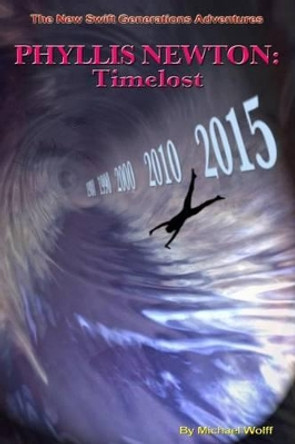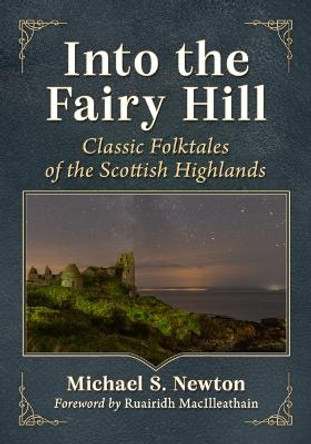Description
A study of Frank Capra's much-loved It's a Wonderful Life (1946) in the BFI Film Classics series
About the Author
Michael Newton is Lecturer in English at Leiden University, Netherlands. He is the author of Savage Girls and Wild Boys: A History of Feral Children (2002), Age of Assassins: A History of Conspiracy and Political Violence, 1865-1981 (2012), and of Kind Hearts and Coronets (2003) and Rosemary's Baby (2020) in the BFI Film Classics series.
Reviews
Michael Newton's story of the making of Frank Capra's 1946 movie is full of quirky facts. -- Martin Chilton * The Independent *
Digging into the film's roots and post-war background, Newton is rigorous on its politics, populism and fraught production history, and generous with the minutiae of on-set accidents and more. But what emerges clearest is Capra's abiding faith in feeling and beauty. -- Kevin Harley * Total Film *
Michael Newton's excellent study, part of the BFI's Film Classics series, looks at the movie's creation, the vital contributions of Capra and the film's star, James Stewart, a brief summary of the plot and an examination of why it has proved to be so enduring. * Choice *
Book Information
ISBN 9781839023484
Author Michael Newton
Format Paperback
Page Count 168
Imprint BFI Publishing
Publisher Bloomsbury Publishing PLC
Series BFI Film Classics
Details
Series: |
BFI Film Classics |
Imprint: |
BFI Publishing |











